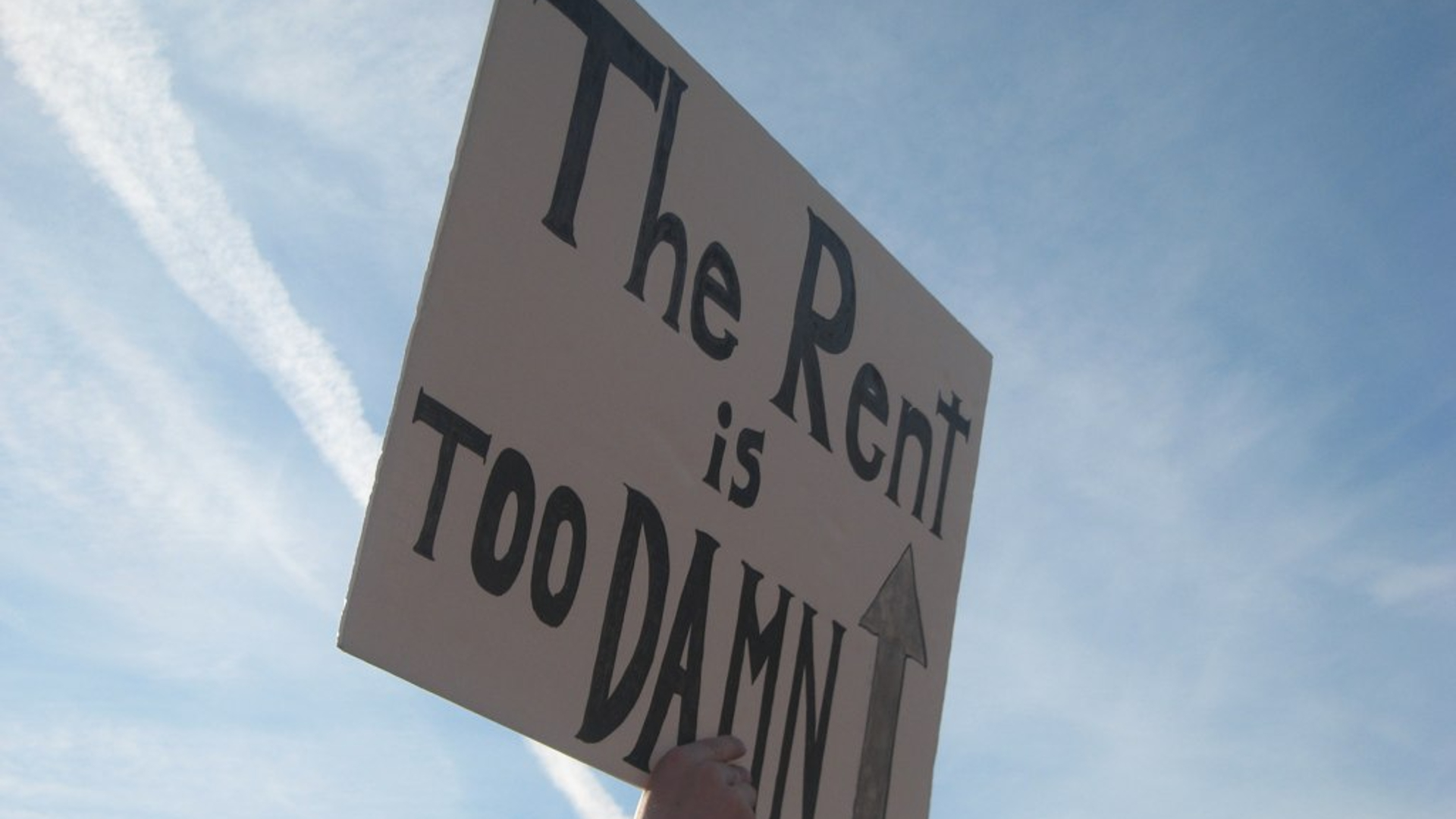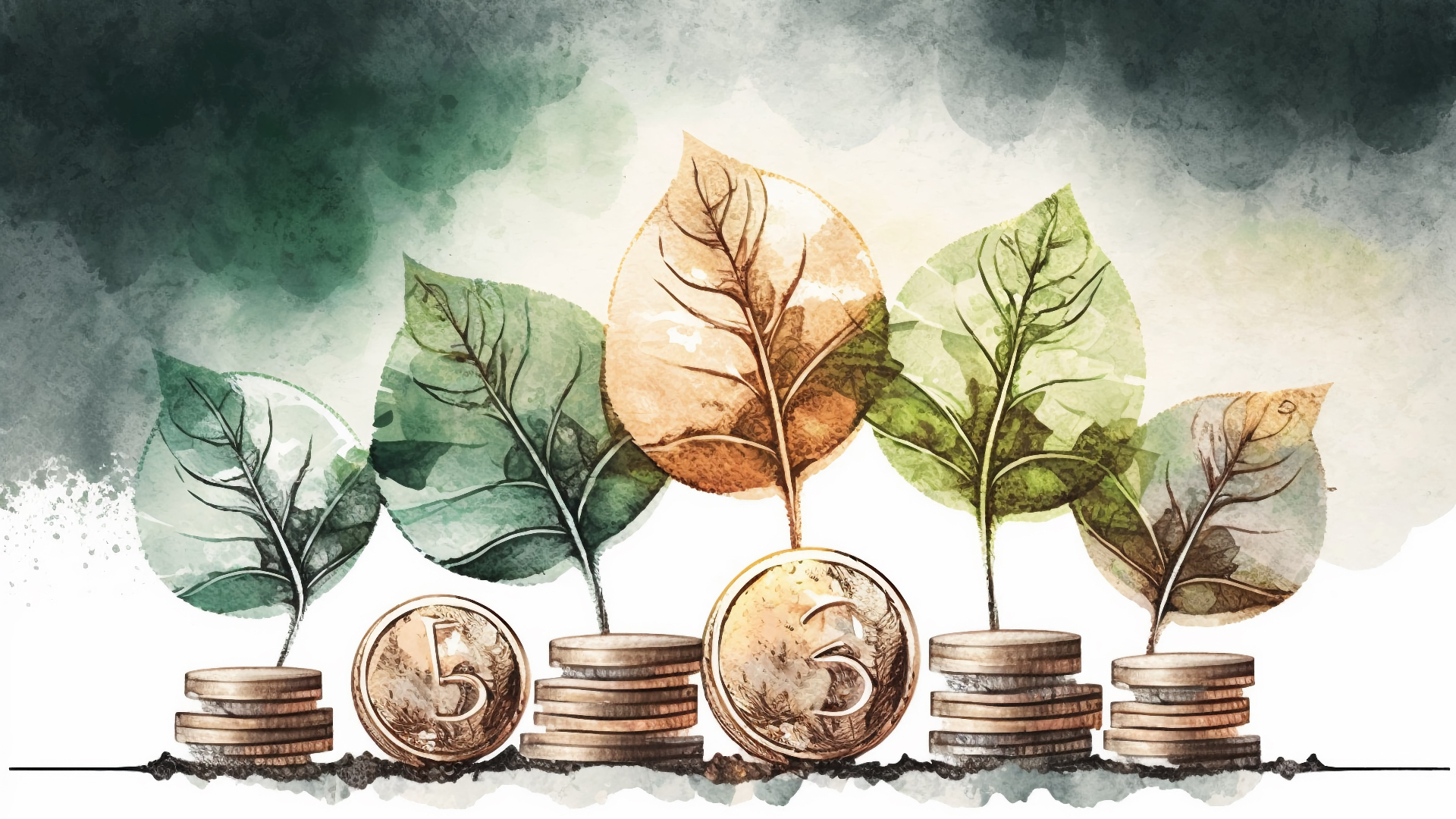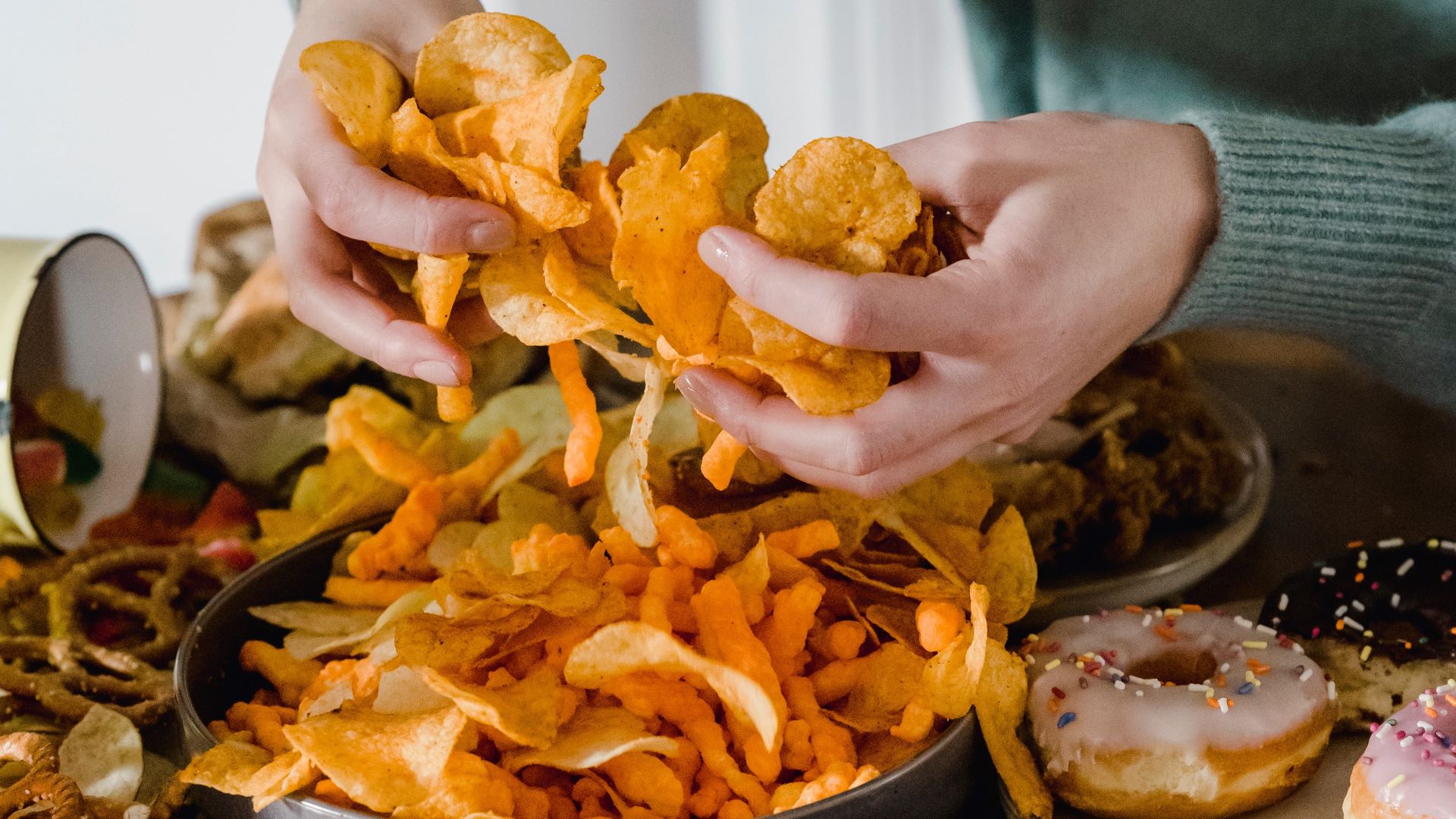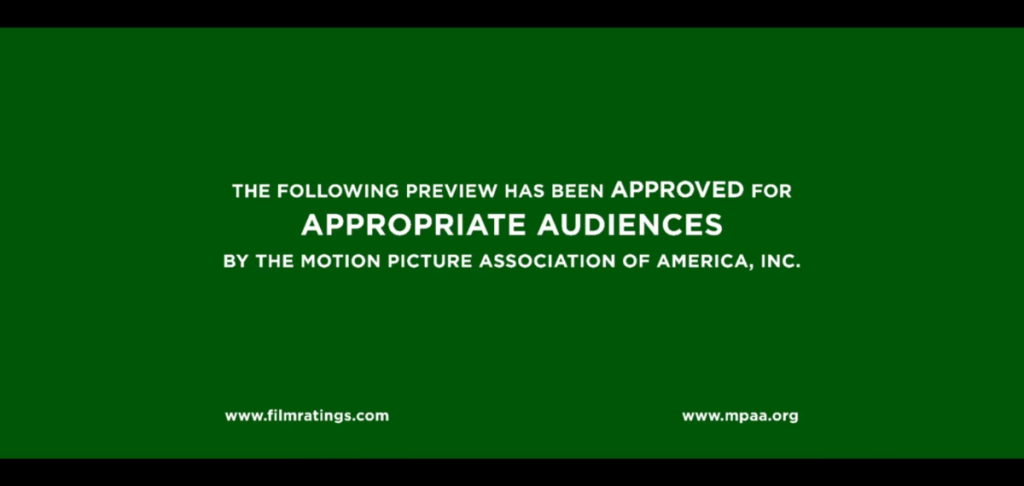Category:Lobbying & Special Interests


How government subsidies encourage bad diets
January 18, 2024 | Post
If, like for most people, prices are an important factor in what foods you choose to buy, government subsidies have a significant impact on what ends up on your plate.
Walk down any aisle, and you’re likely to come across high-fructose corn syrup. This commonly used artificial sweetener owes its prevalence to government handouts to the corn industry. Generous subsidies enable the widespread use of high-fructose corn syrup, contributing to the overconsumption of sugary foods.

Unmasking the true force behind the housing crisis
December 21, 2023 | Post
For the first time since the Great Depression, a majority of young adults in the U.S. aged 18-29 live with their parents.
The intensifying housing crisis across the United States and worldwide is a pressing concern, particularly for Millennials and Gen Z, who are often priced out of getting their own place for far longer than what has been the norm for previous generations.
Such a crisis inevitably prompts a blame game. But who or what is really to blame?

Here’s the reason mainstream environmentalist groups hate nuclear energy: they’re paid to
November 28, 2023 | Post
For decades, nuclear power has been shunned by mainstream environmentalism.
However, the Natural Resources Defense Council, a prominent environmentalist nonprofit, recently shut down its longstanding program dedicated to opposing the nuclear industry — and they’re not alone in this switch of priorities.
So, what is causing environmentalist groups to run out of steam in their anti-nuclear campaigns? Is mainstream environmentalism about to finally embrace nuclear power?

Five myths about antitrust
August 24, 2023 | Post
Antitrust law will likely affect you personally, either targeting a company you patronize or even your employer. With big changes on the horizon for competition enforcement, here are five popular misconceptions surrounding antitrust…

Harmful natural monopoly: the myth that keeps on giving
August 17, 2023 | Post
Understanding that it is governments – not free markets – that create harmful monopolies is monumentally essential in order to harbor a comprehension of basic economic principles.

How gun control might be seen 100 years from now
June 1, 2023 | Post
The book Lies My Teacher Told Me by James Loewen was assigned to me during my senior year of high school. I still reflect on its lessons and have found them applicable not just to the past, but, in some cases, to the future. Here is how hypothetical, sweeping new gun control legislation might be seen 100 years from now…

What is free-market environmentalism?
April 28, 2023 | Post
Free-market environmentalism combines the ideals of environmental protection with the principles of a free-market economy. It acknowledges that markets can provide powerful incentives for conservation and environmental stewardship, and that private property rights and contracts can be leveraged as tools to protect the environment. But how exactly does this work?

A foot in the door? Australia’s real housing crisis, exposed
February 22, 2023 | Post
Housing affordability has become a plague on Australia’s economy, and government policy here has ensured that no matter what happens, people — especially the least well off — will continue to get hurt. Let’s take a look at the reasons behind Australia’s housing crisis…

How the government is fueling the obesity epidemic
May 31, 2022 | Post
There is a more sinister reason for the overlap between junk food and cheap food. Government subsidies of the ingredients that are the hallmarks of unhealthy food are nudging Americans toward junk food and fueling the obesity epidemic.

The organic industry is a case study in rent-seeking.
February 5, 2018 | Post
If businesses get government subsidies to make their products cheaper, or “capture” regulation to hurt their competitors, that’s rent seeking.

3 reasons why the NRA is so powerful
October 16, 2017 | Post
Organized interest groups are able to control a lot of policy making, even if most people in the unorganized public disagree with them.

How a telephone company used the government to monopolize an industry for decades
March 3, 2017 | Post
“Oh for the days of Ma Bell!” is not a lament we’re likely to hear. And for good reason. Before the breakup of AT&T, America’s telephone system was a government-sanctioned monopoly characterized by stagnant service offerings, high costs, and a glacial pace of consumer-facing innovation. So it was distressing when a federal appeals court engaged […]

Why Sessions is sailing and DeVos is struggling
February 7, 2017 | Post
Trump’s cabinet appointments and the opposition to them reveals some important lessons for the role of interest group dynamics in the political process and its relationship to furthering a free and responsible society.

Deregulation gets the beer flowing.
February 5, 2017 | Post
Breweries will open as long as it is profitable. When taxes and regulations raise the costs of opening a brewery, we will see fewer of them.

“Really, really, really bad” — Why Trump hates Super PACs
February 3, 2017 | Post
If Super PACs had been abolished, that would have hurt Trump’s opponents. To the cynic, it should be no surprise that Trump remains critical of them.

Inflate-gate: How the NFL exaggerates the value of the Super Bowl
February 3, 2017 | Post
Over 100 million Americans will turn their attention to Houston this weekend, as Tom Brady suits up against the Atlanta Falcons for his record seventh Super Bowl. But, according to the NFL, it’s not just the Patriots’ quarterback who will be looking to make it big in Houston. The real winner is supposedly the city […]

The myth of draining the swamp
December 13, 2016 | Post
Draining the swamp may be a popular political slogan, but unless the swamp is restructured and significantly reduced, even the best of us on our worst days will use political office to enhance our power at the expense of others.

Team Trump is paying off special interests before he even takes office
December 3, 2016 | Post
I’ve taken the liberty of making some edits to today’s CNN Money article “Carrier: Trump gave us state ‘incentives’ to save jobs” to more broadly reflect reality.

How to Sabotage Progress
December 1, 2016 | Video
During the earliest part of the industrial revolution, workers who were upset about losing their jobs to advanced machinery would throw their shoes into the machines in order to sabotage production. We’re seeing recurrence of sabotage again today, but there’s no more successful saboteur than regulation. Duke University Professor Michael C. Munger explains.

New anti-Airbnb law protects hotels from competition (and violates private property and freedom of exchange)
November 15, 2016 | Post
Airbnb is now facing greater opposition in New York thanks to a recent bill signed by Governor Andrew Cuomo which bans advertising of short-term rentals.

The best films to teach your friends about economics and government
November 10, 2016 | Post
Here are three movies that can help to demonstrate the concept of public choice theory in action.

People hate Hillary Clinton because she is good at her job
November 8, 2016 | Post
As Hayek explained, adherence to principle means that there are some things one will not do to attain one’s ends. Such an individual is at a disadvantage in the winner-take-all process that determines who wields political power.

Solar energy can’t survive without massive subsidies
October 30, 2016 | Post
Solar power can only survive with an army of lobbyists dedicated to securing millions in taxpayer dollars.

Government puts tobacco interests above a billion lives
October 28, 2016 | Post
Despite its health benefits, vaping faces strong opposition from the government and a variety of special interests.

